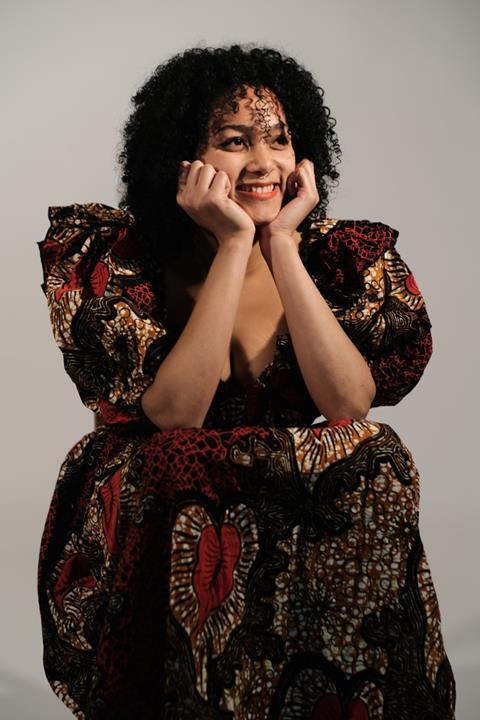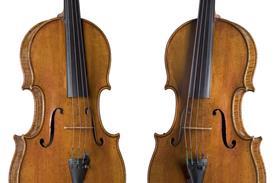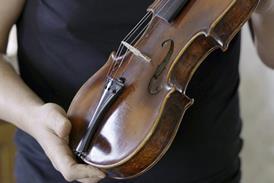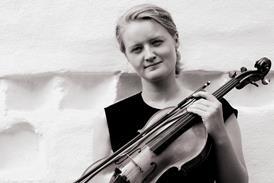Violinist Sarah Daramy-Williams explores a more holistic approach to creating music outside the rigid forms and boxes of the traditional classical world

Discover more Featured Stories like this in The Strad Playing Hub
For the duration of my studies and start of my career, I always wondered why there seemed to be physical and mental difficulty constantly within me when I played the violin. I also wondered why a lot of teachers and professional musicians shrugged it off as something to live with, or even praised its presence as a trophy to carry, to keep you growing and challenged. I finally realised during lockdown that this turned out to be chronic pain for me, which was directly tied to my emotional and inner state.
My body had been signalling to me for years, and I had to revisit the reason I originally loved playing the violin; it was a clear reflection of my inner world that I could communicate to the outer world. I had gradually lost that over time, by stepping into the rigid forms and boxes of the classical world, that dare I say should have been inspired guidelines to help you spread your wings.
Music does not exist without the performer, and they must feel their influence, otherwise it stunts their potential to speak this universal language.
A lot of musical vocabulary has shifted in meaning for me since then, and so has my identity as a musician. I now define a musician as a mirror of their present times. That means that they not only play the music that is celebrated from the past to the present, but additionally with their unique blueprint that is their life experience and personality; beautiful qualities that many have had to leave outside the room of practice and performance. I used to hear that a musician is a servant of music, however music does not exist without the performer, and they must feel their influence, otherwise it stunts their potential to speak this universal language.
Read: Cellist Leo Eguchi: ‘How can we recognise our common humanity?’
Read: ‘We have to fight a history of stereotyping’ - Black representation in classical music
The limiting system that I have had to build over these years takes time to unknot, but I have been able to explore my own creative potential through composing short pieces that are sometimes paired with words. They come from emotional landmarks (life insights, pain, grief, joy) that I feel a need to express. Although I have a refreshed perspective on creativity, I face the embedded blockages and pressures of composing ‘correctly’, but I try to view them as suggestions rather than musts. However I certainly do allow the influence of cinematic music to flow into my work - anything that is cheesy or provokes the emotions is always welcome.
The cathartic experience of composing begins when I allow the notes and harmony to come to me. It is almost as though I am channeling through my emotions and translating them into music, very different from previously using my mind to interpret everything. It has taught me to appreciate my quirks, even the immediate mimicking of car horns, kettle beeps, or cat meows that I somehow get a kick out of. They all play a part in my unique creative process.
The change that I have felt internally is something I would like to see actualised in the classical music world. It begins with awareness of the unmistakable link between music and emotions.
I get great satisfaction when performing to a high, polished standard, and would love for emotional freedom to be just as venerated, to bring a balance to the human aspect of music. It is clear that business and perfection play a large part in music, but should not destroy musicians’ self-worth, creativity, and joy that is inherent in all of us.
This is a wish that I am hopeful for. I am already experiencing change with Her Ensemble, and fellow colleagues that are having these conversations and I believe we are ready to create a more holistic music world.


































No comments yet